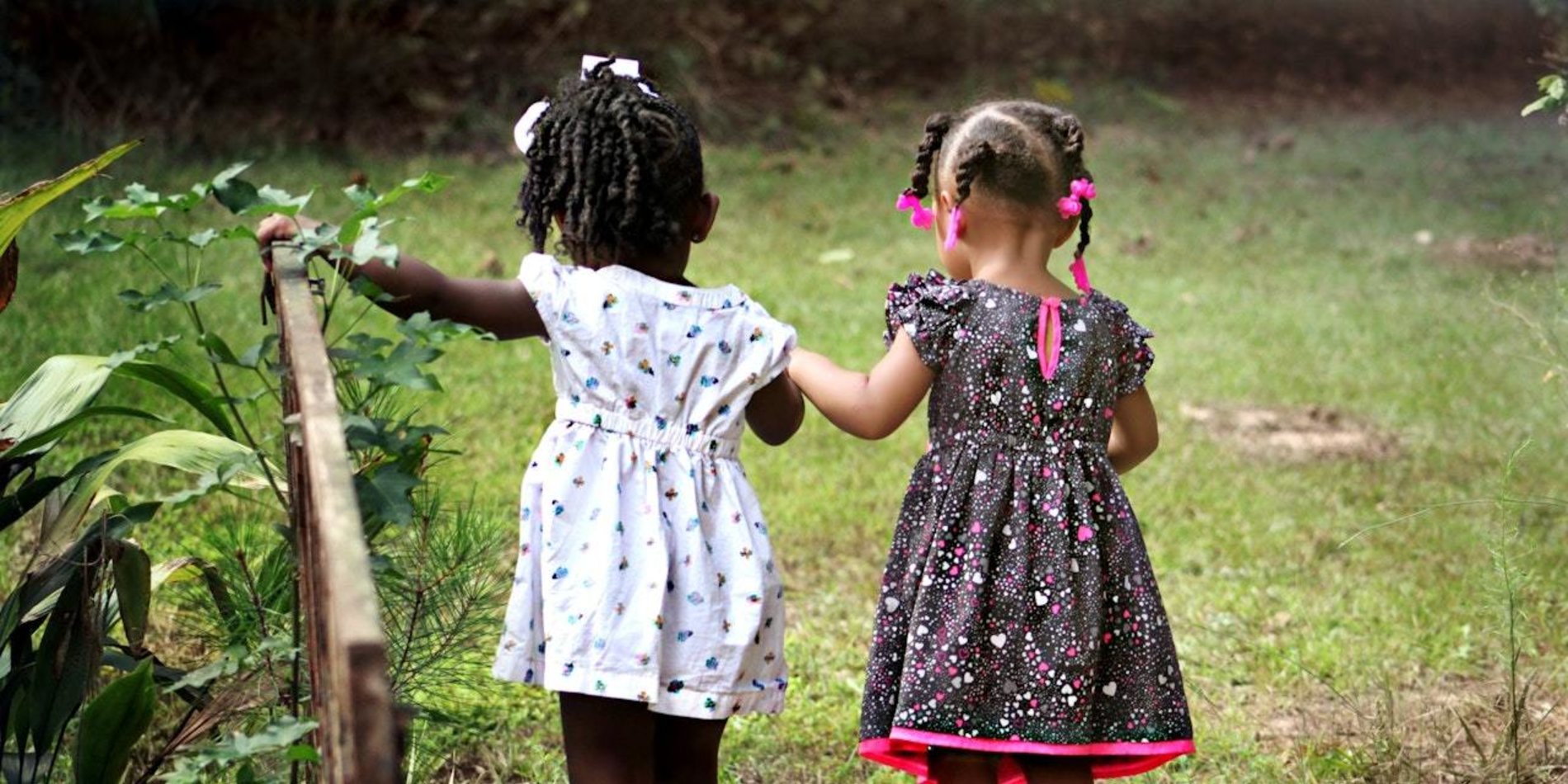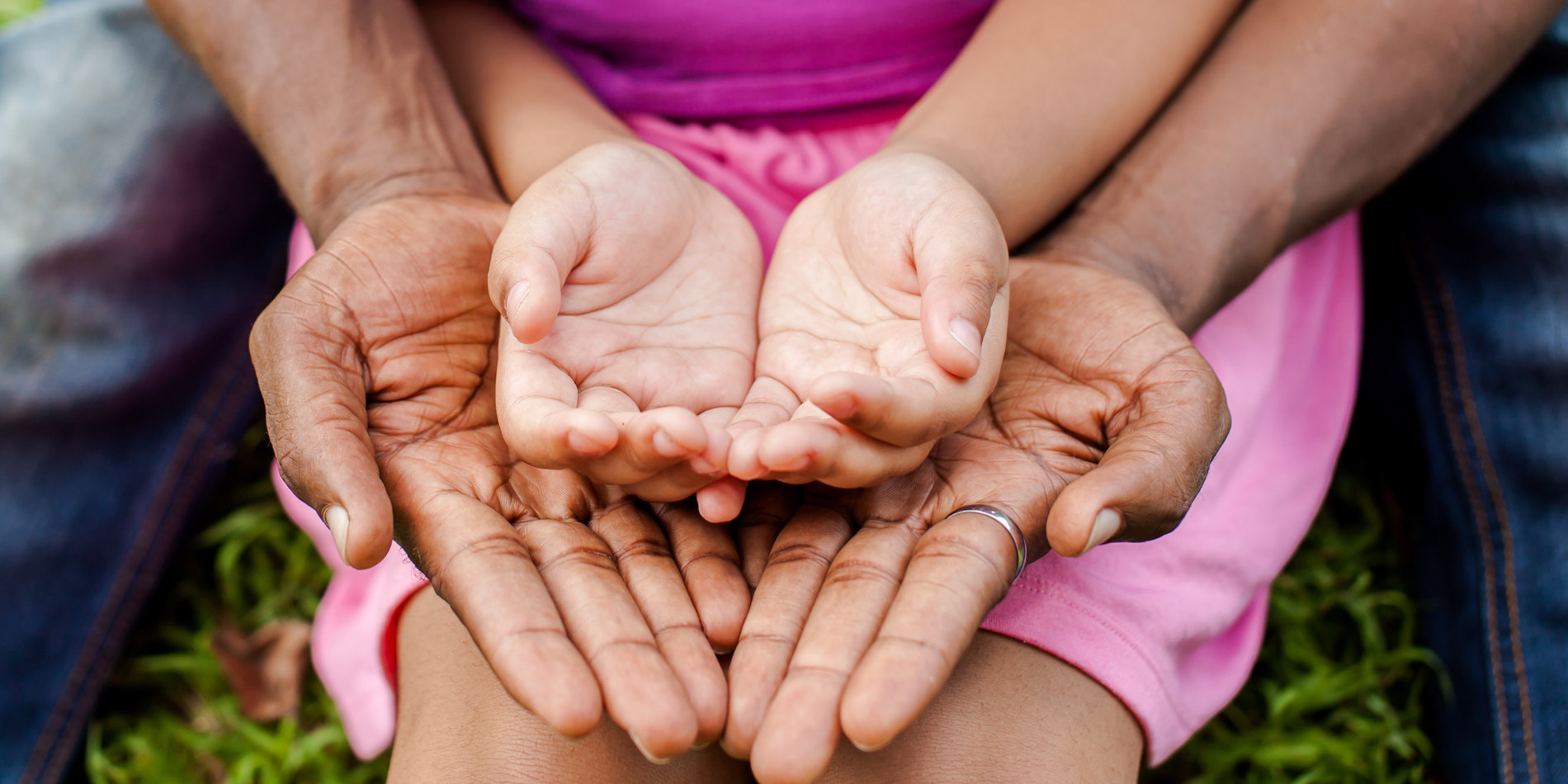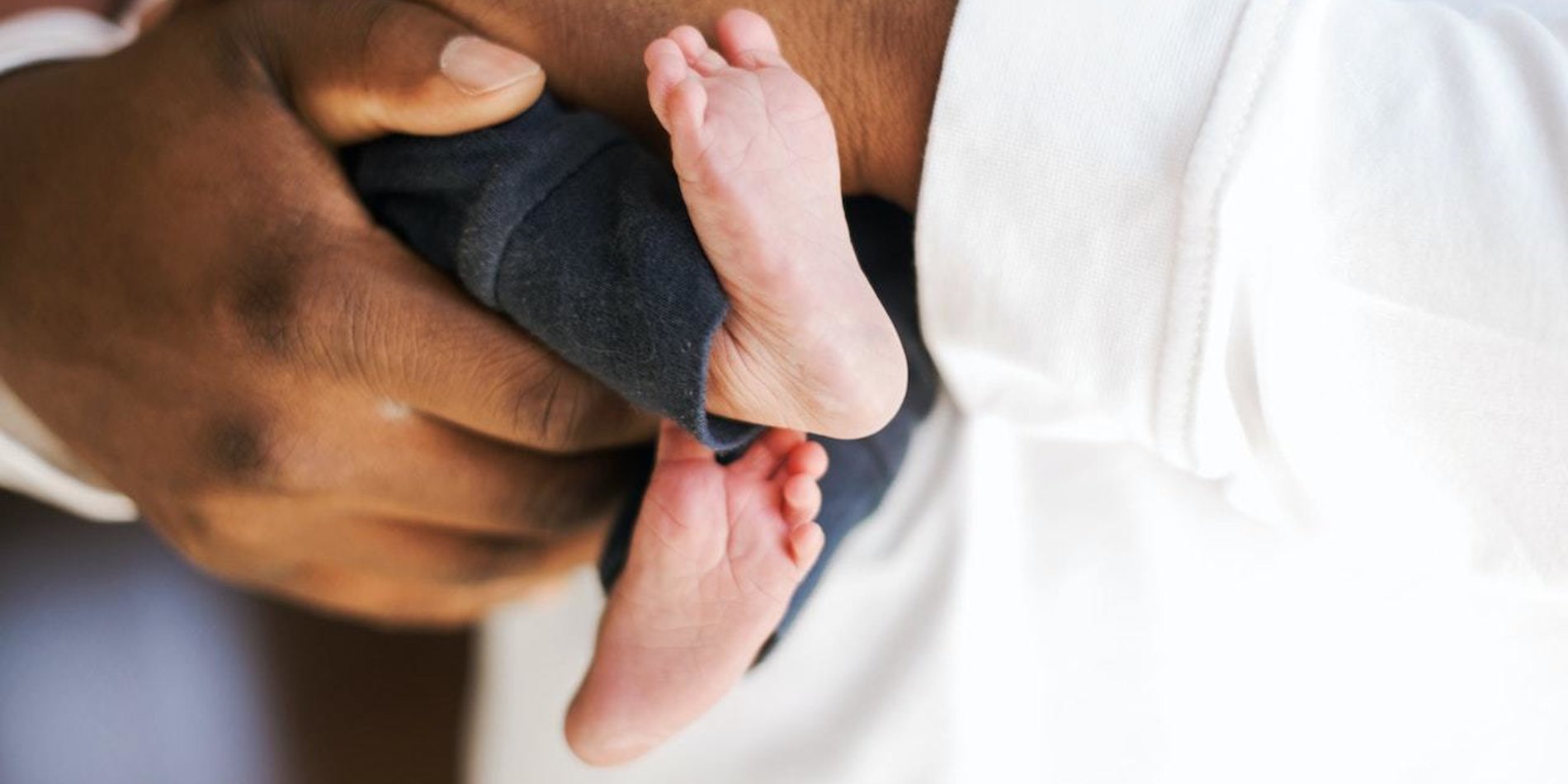The Stanford Center on Early Childhood fosters deep, omnidirectional collaboration across sectors, aiming to change the way research in early childhood is conducted, communicated, and utilized, with the overarching goal of ensuring that each and every child thrives from the start.
Our vision is that:
all children achieve their full developmental potential;
all adults in young children’s lives receive the support they need in the context of their communities;
all communities have a continuous, coordinated, and equitable ecosystem of supports for children and families; and
all government and public early childhood policies, programs, and systems are aligned to achieve these goals.
Who we are

The Stanford Center on Early Childhood is an initiative of the Stanford Accelerator for Learning, which seeks to accelerate solutions to the most pressing challenges facing learners.
Housed at the Graduate School of Education and led by Dr. Philip Fisher, the center draws on the GSE’s cutting-edge expertise in learning, as well as Stanford’s globally-recognized strength in innovation and collaboration across disciplines.
What we do
The Stanford Center on Early Childhood conducts research and creates tools to support children, families, caregivers, and practitioners. Our work spans research, policy, and practice essential to advancing the world’s capacity to nurture its youngest learners and help them reach their full potential.
Science-based design and innovation are foundational to our work, as are place-based partnerships with families and child-serving organizations and public systems. We establish equity-centered alliances among communities, researchers, and policy makers to ensure a multi-directional flow of information that amplifies the voices of families with young children.
Fellowships and Training
We provide interdisciplinary and equity-centered training to the next generation of researchers and practitioners working with families with young children, emphasizing the role of communities, healthcare, and learning environments in early years development.
Fellowship opportunity
The IES-funded Equity in Early Education (E3) postdoctoral fellowship program will train the next generation of scholars to conduct research that will contribute to more equitable, impactful, and sustainable early childhood care and education systems. Applications for this two-year fellowship open in October and are due Dec 1.
Events
Events
Connections and collaboration are in our DNA. The center holds regular convenings that bring together experts, practitioners, and policy makers on critical topics in early childhood. In addition, we host project-specific webinars presented by members of our faculty and external collaborators.
-
Conference / Symposium
Advances in Early Math Education: Critical Issues in Policy and Practice
Stanford, CA
United States
Launch Event recording

The SCEC celebrated its official launch November 3, 2022, with an inspiring gathering of educators, researchers, policy makers, and community members. Panelists addressed critical topics of equity and impact in early childhood.



